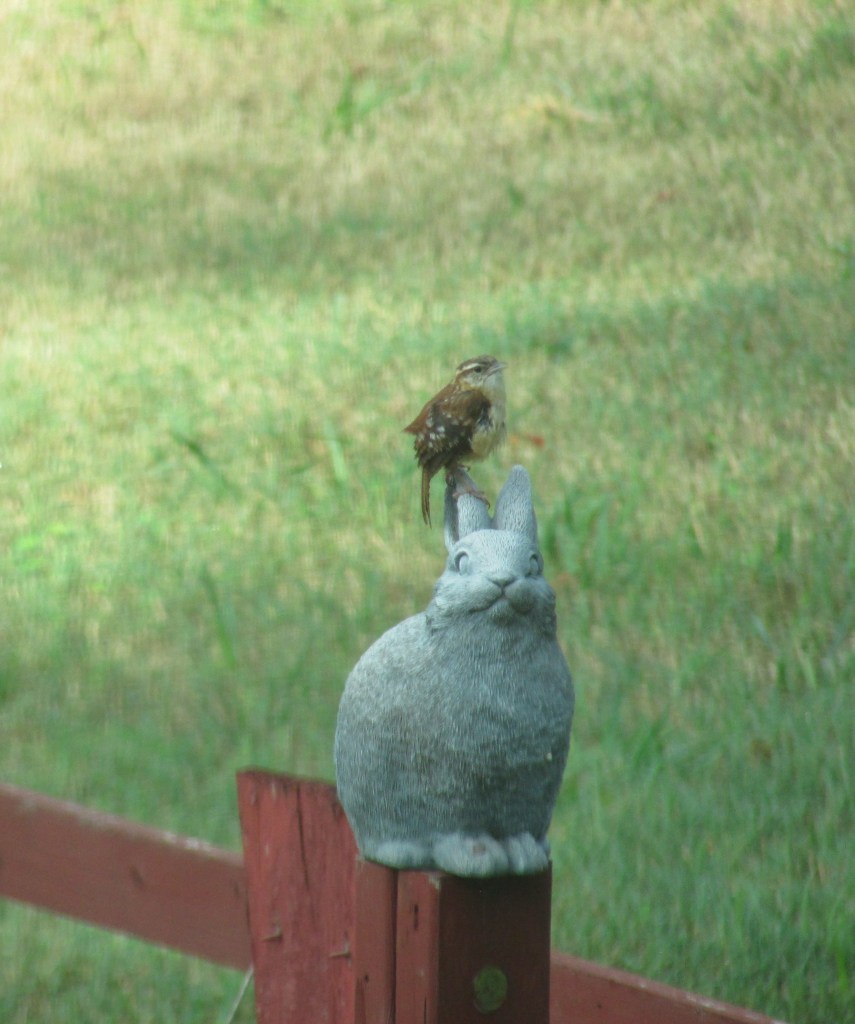Finding my way back to my book in progress, The Girl Who Could Not Love, hasn’t been easy. I stopped. I tried. I stopped once more. I had to put it aside for some time despite wanting to continue writing it. Something was not right. It lay dormant, and eventually, I knew I had to come back to it. It has been on my mind all this time, morning, night, and in between; however, distant, but calling me. It is the book that begs to be written to a hesitant writer that has finally surrender to it. Whether to answer the call or not, is not important anymore; it is why. Why is this story haunting me? Why the fight between pen and heart? Why do I want to write this story? Why won’t the story quit? Why won’t I quit?
While reading Never Too Late (or was it Shine On? I read them back-to-back) by Claire Cook, I thought about something she mentioned. It is to ask yourself in the reinvention journey, but in her case while writing a book, what stands in the way of my protagonist? I asked that question about my novel, and my protagonist. The answer, me. I was standing in the way. So, I had to ask myself the question, and I got my deep-rooted answer. I am working on it.
In the meantime, I have been reading up a storm, some of which are these. I am currently reading It’s Rising Time by Kim Kiyosaki. I am enjoying this book very much. I like the writing style of Kim Kiyosaki; it is straight and to the point. So far, I think that this is a book that every woman should read. Next on the agenda is Life Glows On by Claire Cook. Her non-fiction books are straight from the heart and fueled by her experience, as a woman who reinvented herself.


The garden always calls this time of the year. About two years ago, I planted two tiny rose bushes. One of them, the red rose bush, has grown considerably when compared to the other, a pink rose bush. I planted these at the same time, and they have grown under similar conditions. Both were labeled miniature rose bushes. Just as people, they continue to grow at a different pace. Just like writer’s stories, they bloom and develop at different stages.


Miniature or not, both rose bushes have their own enchantment.




